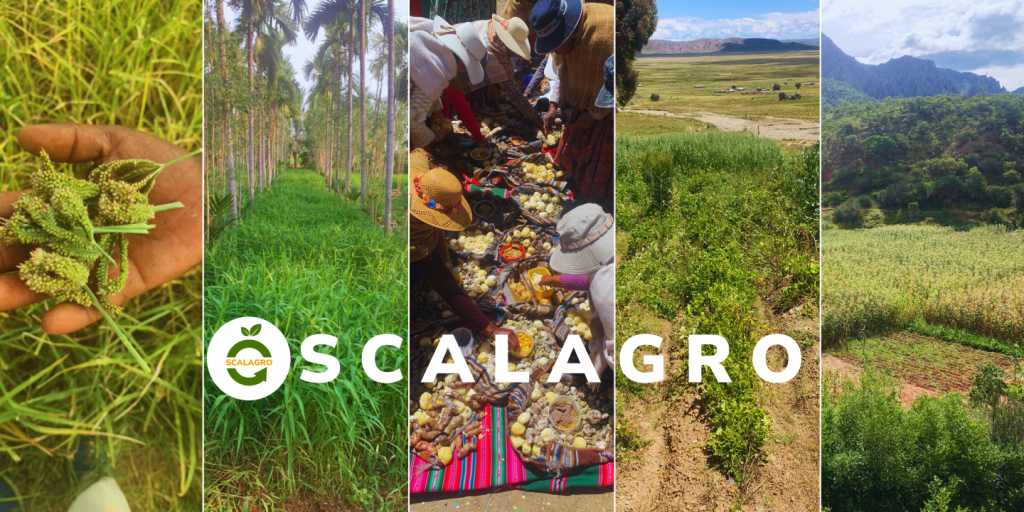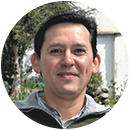
Resumen del proyecto
Scaling Agroecology in India, Bolivia and Burkina Faso es un proyecto de investigación-acción diseñado para identificar, probar y evaluar el apoyo necesario para adoptar prácticas agrícolas basadas en los principios de la agroecología. El objetivo del proyecto es contribuir a mejorar la seguridad alimentaria y la nutrición sin comprometer los ecosistemas naturales.
Numerosas iniciativas individuales y comunitarias, proyectos y algunos ejemplos de políticas públicas, como en la India, demuestran que la agroecología es una alternativa viable a los sistemas convencionales de producción agrícola. Dados sus múltiples beneficios -productivos, económicos, sociales y medioambientales- cabe preguntarse por qué no se practica más la agroecología y cómo puede extenderse a más productores y en más tierras.
La experiencia demuestra que la expansión de la agroecología requiere apoyo externo. Este apoyo puede adoptar la forma de actividades de aprendizaje compartido, suministro y/o subvención de insumos agroecológicos, apoyo organizativo a los agentes de transformación y comercialización, sensibilización de los consumidores y certificación de productos alimentarios.
Planteamos que la expansión de la agroecología requiere la implicación no sólo de los productores, sino también de los responsables políticos y los agentes técnicos, los comerciantes, los transformadores y otros intermediarios de las cadenas de valor, y los consumidores. Por ello, el proyecto pretende apoyar a todos los actores del sistema alimentario en un proceso de cambio que desemboque en :
- Medidas de apoyo a la agroecología por parte de las autoridades locales (servicios de extensión, por ejemplo).
- Un mayor número de productores que practiquen la agroecología, en superficies más amplias;
- Un mayor desarrollo y comercialización de productos agrícolas agroecológicos;
- Aumento de la demanda y el consumo de productos agroecológicos.
El proyecto está organizado en tres fases: (1) identificación de las necesidades y demandas de apoyo de las partes interesadas y selección de los sistemas de apoyo; (2) ensayo de los sistemas de apoyo; (3) evaluación de los resultados, es decir, en qué medida los sistemas de apoyo contribuyen a los cambios necesarios antes mencionados.
El proyecto se está ejecutando en regiones en las que los socios de la India, Bolivia y Burkina Faso, institutos de investigación aplicada y profesionales del desarrollo, ya trabajan con productores, organizaciones comunitarias y autoridades locales. Esta experiencia y conocimientos favorecen un enfoque lo más participativo posible, que implica a todas las partes interesadas en las actividades de investigación y diagnóstico, el diseño y las pruebas, y la evaluación de los sistemas de apoyo.










































